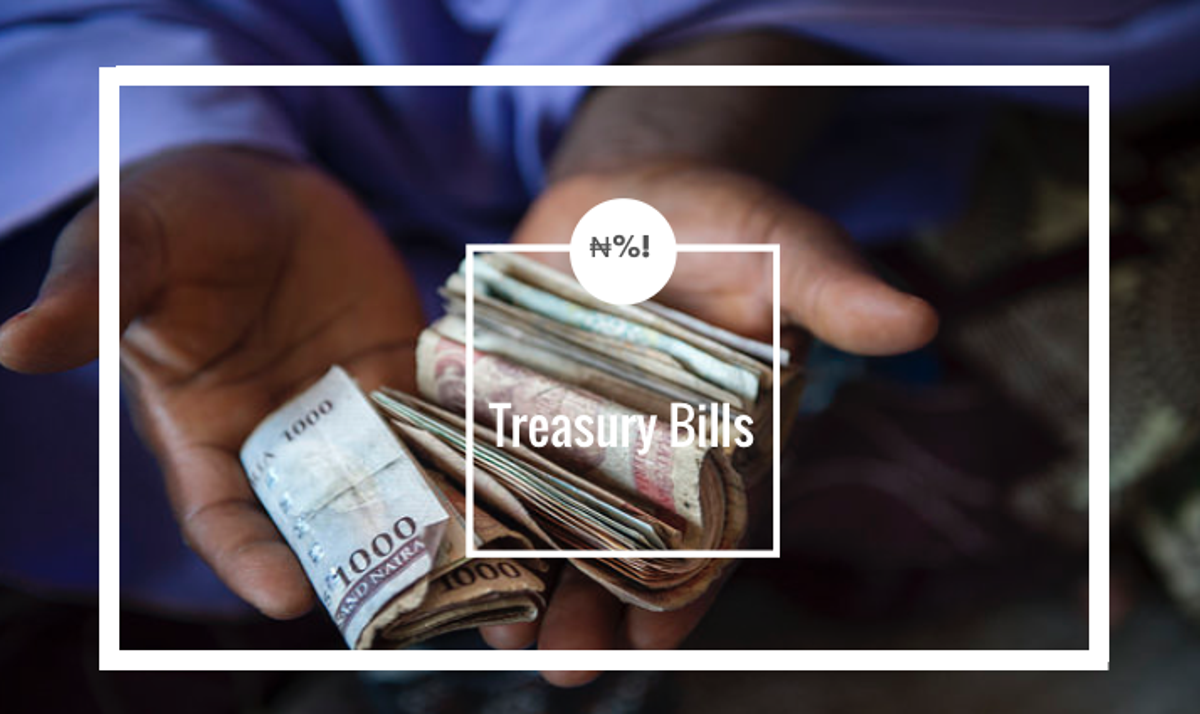The Nigerian Interbank Treasury Bills True Yield went negative on Tuesday with a 90-day treasury bill trading for -0.0109%. The 6 months, 3 months, and 9 months treasury bills true yield traded at -0.0369%, 0.0689%, and -0.0920% respectively. This suggests investors are now willing to pay the government to keep their money for them.
Nairametrics confirmed this from a reliable investment house that trades in fixed income and equity securities. The information is also available via premium subscription with the FMDQ
According to the FMDQ, The Nigerian Inter-Bank Treasury Bills True Yield (NITTY) is a reference rate for tenured money market instruments. It is calculated from the discount rates of treasury Bills and represents the prevailing yield at which treasury bills trade among Nigerian Dealing Member (Banks)(“DMBs”).
Interest rates on treasury bills sold on the primary market sold for as low as 0.5% for a 9 months tenor as investors scampered or yields in the low yield market. Despite the low yields, investors still oversubscribed treasury bills suggesting that fund managers are willing to keep their money with the government at yields next to zero. Thus, it is not surprising to see yields fall below zero and into negative territory.
Why this matters
Interest rates on fixed income securities such as treasury bills have fallen significantly throughout the year as the central bank abandoned a multi-year monetary policy that had focussed on cutting down the inflation rate and defending the naira.
However, since it kicked out local investors from purchasing the previously lucrative OMO bills, interest rates have nosedived drastically leaving investors will limited investment choices.
The low-interest-rate environment has also driven investors into the stock market where yields were previously as high as 17% for dividend-paying stocks with solid fundamentals. Nigerians stocks are now up 30% YTD and one of the best performing stock market in the country.
Meanwhile, while interest rates on risk-free securities like treasury bills remain depressed and now in negative territory, Nigeria’s inflation rate continues to gallop
One more thing…
Negative interest rates are not new around the world. Since the 2008 financial crisis that ushered in an unprecedented injection of cash into the global economy by central banks, interest rates have remained depressed.














